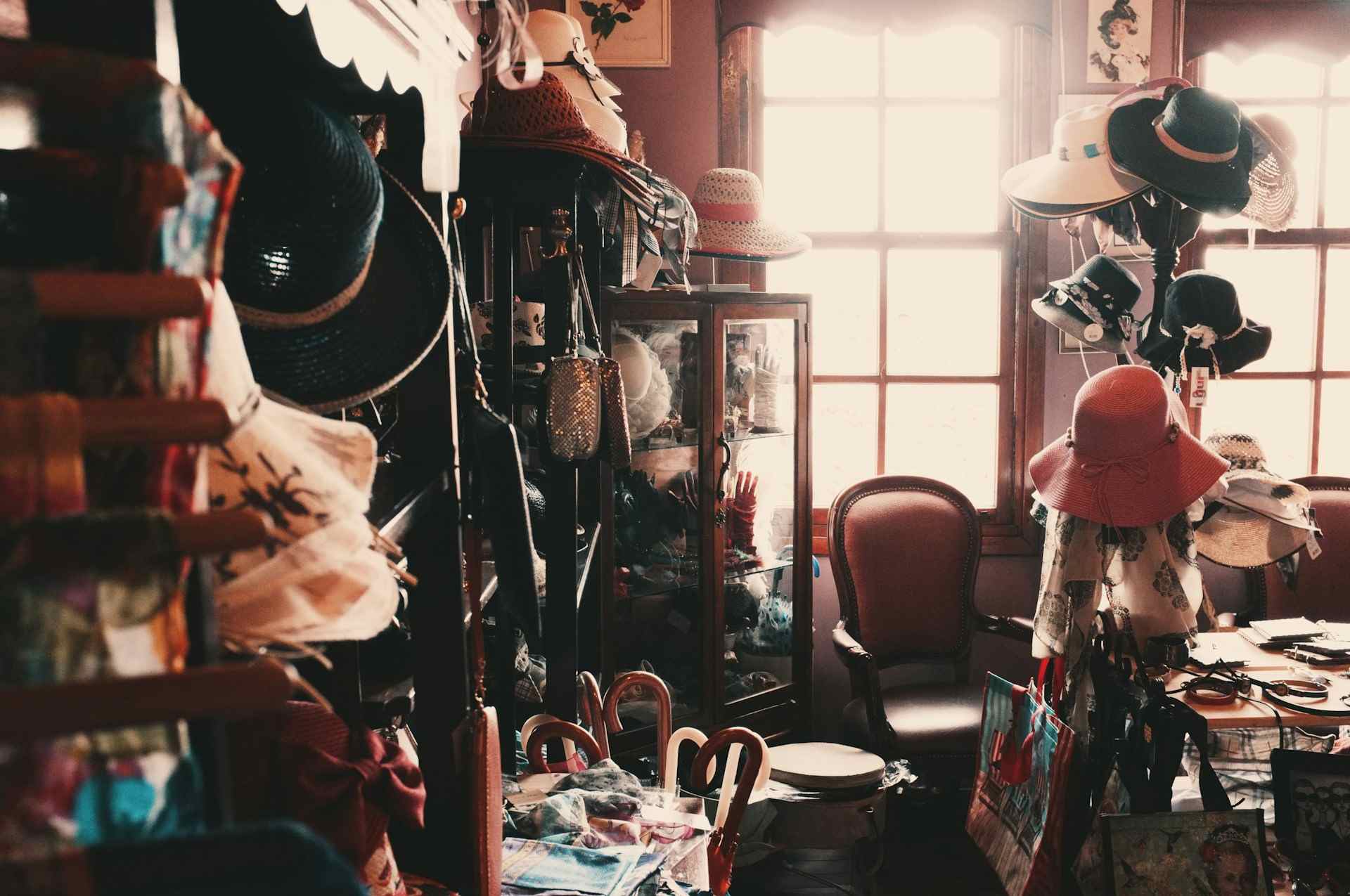How to (and How Not to) Help a Hoarder
Your intentions are good. You see your loved one struggling under a mountain of “trash” and even deeper under the weight of depression. You see the leaning piles of unfinished projects and “useless” items. Your first instinct is to rush to your loved one’s side and rescue them from their hoarder disorder. You want to be their hero. If only it were that simple. Most people who hoard don’t identify as hoarders. They rationalize their behavior, justifying or denying it. They may not see their possessions as excessive or problematic and might have deep emotional bonds with these objects, which makes it hard for them to think of these things as “trash.” And some people with hoarding disorder struggle with decision-making, perfectionism, or anxiety (or in some cases, all three). These obstacles prevent them from letting go of things or even wanting to. Hoarding is often linked to mental health conditions like obsessive-compulsive disorder (OCD), anxiety, or depression, making self-awareness complicated. If confronted, some hoarders may become defensive or insist that they are simply collecting treasured items or being resourceful instead of hoarding. So, jumping in to help the hoarder, as well-intentioned as you may be, might make them view you as a villain rather than the hero you are trying to be. That’s why it’s important to approach the idea of helping someone downsize their hoard with extreme caution and compassion. Before you attempt to help someone with their hoarding issue, it’s important to examine the motive behind your desire to help. Are you helping this person out of genuine concern and compassion for them, or do you have selfish motives such as taking their possessions or making your own life easier? If you are authentically trying to help your loved one with their hoarding issues, and you are [...]



